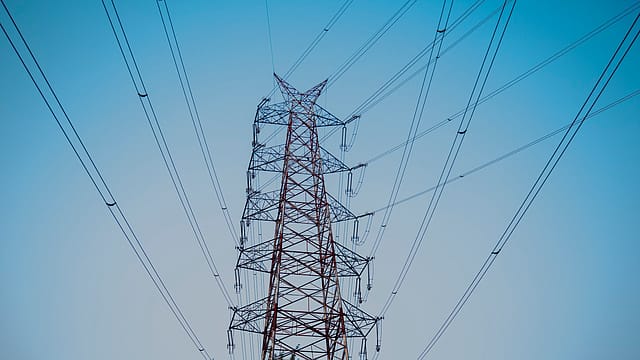Electricity reform plans attract widespread protests
ADVERTISEMENT

The Electricity (Amendment) Bill 2022, introduced in Parliament on Monday and aimed mainly to bring in more private players and to increase efficiency of power distribution, is snowballing into a nationwide issue and a political controversy. Following protests in the Parliament from opposition parties, the bill was sent to the Parliamentary Standing Committee on Energy for further discussions.
The All India Power Engineers Federation (AIPEF), which has been opposing the draft amendment since its publication, says the bill was introduced in the Parliament in an undemocratic manner to allow complete privatisation of the power sector. Farmer organisations have raised protests against the bill, fearing it will end all subsidies for power consumption in the agriculture sector. Many opposition parties including the Congress, Left parties, and the Trinamool Congress (TMC) say the federal principles of the Constitution are compromised by the amendment as power comes under the 'Concurrent List' of the Indian Constitution. They allege the amendments give more powers to the Centre, while taking away many rights in the power sector belonging to the States.
The central government has for several years been contemplating revamping electricity laws particularly in the distribution sector, which has been plagued by a number of inefficiencies and chronic unhealthy financials, notes Deepto Roy, partner, Shardul Amarchand Mangaldas and Co. "The hope is that it would increase competition and create efficiencies but whether these changes will have any impact outside the major urban areas is open to question," he says.
Key provisions in the bill suggest giving multiple licences in various power distribution areas, paving the way for private sector companies to take up distribution - to increase competition and bring in better efficiency. The licensees will have non-discriminatory open access to the distribution network, paying fixed wheeling charges for using the public sector power distribution network.
Another key provision in the bill is to amend Section 62 of the Electricity Act 2003 and bring in graded tariff revisions within one year. A commission set up for the purpose will fix the maximum and minimum ceiling tariffs, which now is under the jurisdiction of central and state electricity regulatory commissions. By this, the idea is to bring in competition among distribution companies and bring down power tariffs and improve efficiency. The ceiling on maximum and minimum prices will help to protect the interests of the consumers.
Those who oppose the amendment say this will cause large scale privatisation of the power distribution sector and will benefit only large distribution companies having financial muscle. These companies will concentrate on commercial and large metros where they can contain costs and distribute power. Power for rural and remote areas will be left to the responsibility of public sector distribution companies. Government sources point out the proposed amendments to the Act has provisions for Universal Service Obligation (USO), which makes it mandatory for a distribution company to provide power for all without discrimination in its licence areas. They cannot unilaterally decide where, at what price and for whom to supply power.
Another allegation is that private players are now going to get free access to India's nationwide large scale power distribution network built over the years with public money. Maintenance of these networks will be left to the responsibility of public distribution companies as there are no provisions for such investments from the private sector. Government counters this saying the wheeling charges will also include maintenance charges and this will help companies having existing distribution networks, mostly in the public sector, earn more revenues and profits.
The bill also has provisions for power purchase management and cross-subsidy for multiple licensees in the same supply areas. Similarly, consumers will have the choice of switching to any service provider, as in the case of telecom companies. Non-compliant distribution companies will have to face penalties and penal punishments in case of non-compliance. Government says that the amendment will not result in scrapping subsidies or cause an increase in power tariffs. The changes are to bring in more transparency and speedy decision making. There are provisions in the bill to take decisions on applications within 90 days of application to the state regulatory authority, they note.